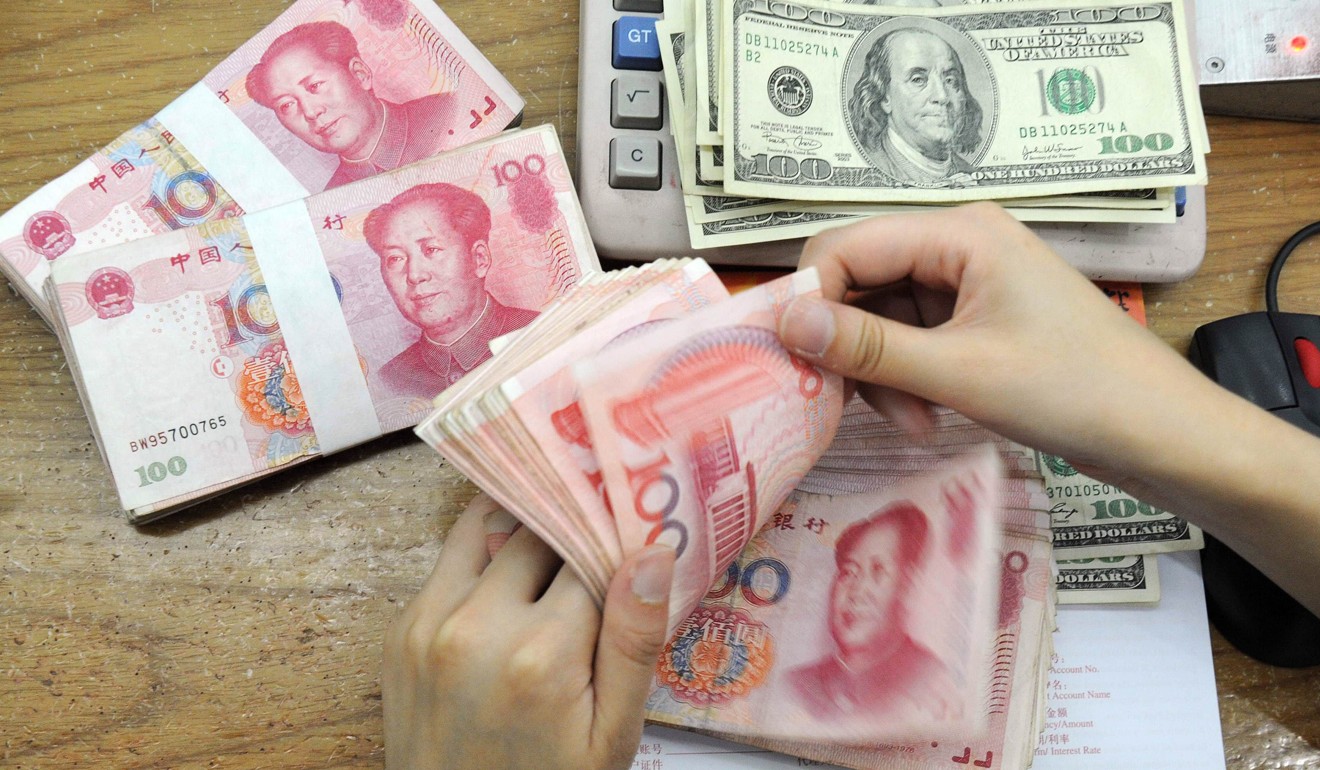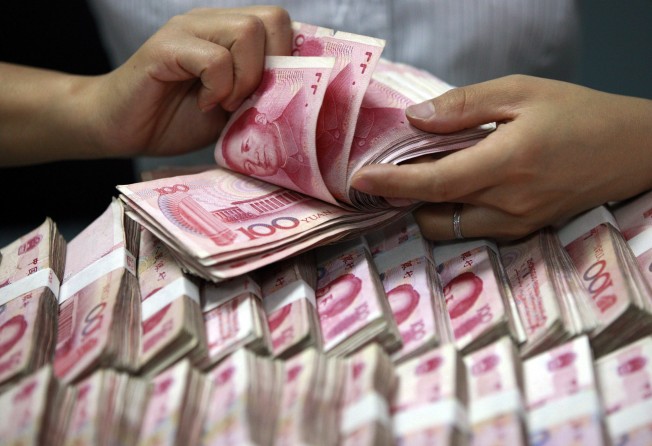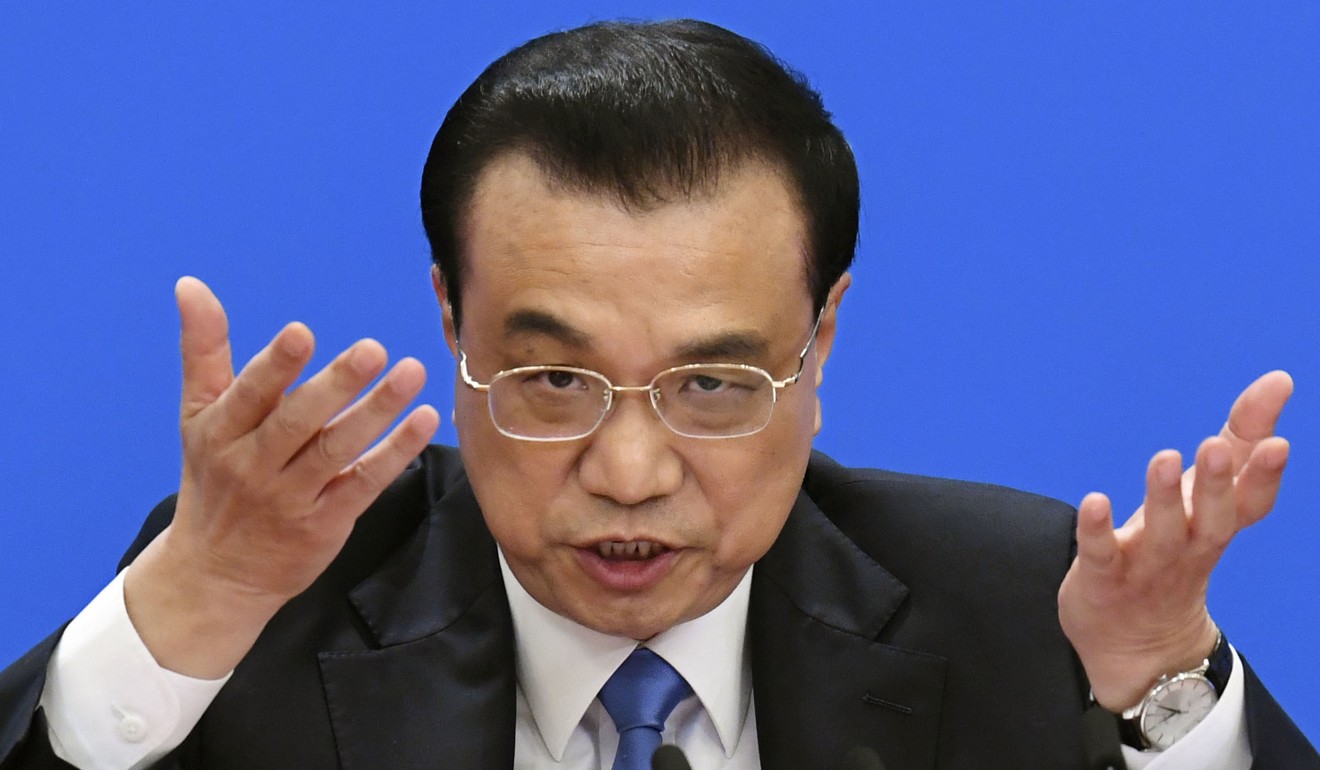
Are China’s capital flight controls raising investment risks and cutting returns for Chinese investors?
- Asian Development Bank Institute’s CEO Naoyuki Yoshino warns that Chinese citizens’ asset risks cannot be mitigated with limited investment channels at home
- Despite the US-China trade war truce, slowdown in economic growth is expected to continue till 2020, according to analysts

China should gradually remove its currency controls to let citizens diversify their investments internationally to hedge against a slowing domestic economy that threatens to erode investments and the country’s massive savings, Naoyuki Yoshino, dean and CEO of the Asian Development Bank Institute has urged.
The nation’s foreign exchange regulator, the State Administration of Foreign Exchanges (SAFE), has imposed draconian capital controls in recent years to keep money onshore to prevent a sharp decline in the yuan’s exchange rate. Every Chinese citizen is only allowed to exchange up to US$50,000 in foreign currency a year at their bank, and also faces major hurdles to buying foreign exchange within that quota.
Such restrictions on the movement of money meant that Chinese individuals and companies are limited to investing domestically, making their portfolio allocations risky, Yoshino said. Their risks cannot be mitigated by diversifying into rising foreign equity markets, or into economies that are growing faster and deliver better investment returns.
“The Chinese people are losing money already because capital outflows have been shut down,” Yoshino said. “If the Chinese economy suffers from low economic growth, then all the Chinese people will suffer.”

China’s national savings rate stood at 45.7 per cent in December 2018, compared with the global average of 20 per cent and emerging country average of 15 per cent, according to International Monetary Fund data.
Although the temporary trade war truce reached between the US and China at the G20 summit over the weekend pointed towards a de-escalation of trade tensions, the downward pressure on aggregate demand in China would continue, said Helen Qiao, chief Greater China economist and head of Asia-Pacific economics at Bank of America Merrill Lynch.
Qiao has forecast overall Chinese economic growth to slow from 6.6 per cent in 2018 to 6.1 per cent this year and 6.0 per cent in 2020.
At the same time, a survey of 465 wealthy individuals by Shanghai-based research firm Hurun early this year reported that only one-third of China’s rich people said they were confident in the country’s economic prospects, down from nearly two-thirds two years ago. Those who had no confidence at all rose to 14 per cent, more than double the level of 2018.
The Chinese people are losing money already because capital outflows have been shut down
As China’s economic growth slows, the pressure on capital to flow out, disguised in various forms to circumvent currency restrictions, is also increasing. One popular way among many wealthy Chinese is to bring money abroad to purchase foreign investment products and real estate in Australia, the United States and New Zealand, Europe and Britain.
About 10 per cent of the wealth of China’s high-net-worth individuals was currently kept offshore, according to a report by international consultancy McKinsey in May. The private wealth of Chinese citizens was expected to reach 158 trillion yuan (US$23 trillion) by 2021, it added.
Bank of America Merrill Lynch’s Qiao said the opening up of the domestic capital market had so far been one-sided, which encouraged inflows but kept a lid on capital flight to maximise the effectiveness of China’s monetary policy easing and ensure its cash stays within its borders.
Amid the slowing economic growth and growing pressure among businesses for capital, Chinese Premier Li Keqiang this week said that China would continue targeted cuts in banks’ reserve requirements and seek to lower real interest rates to help reduce funding costs for small firms.

Analysts said that while Beijing may keep tight currency controls in place for now, it was likely, in the longer run, to allow two-way capital movement and ease restrictions to invest overseas as the capital flight pressure builds up.
The controls, which limited Chinese people’s investment options, said ADBI’s Yoshino, had already helped fuel a property bubble.
With the risk of the US economy decoupling from China lurking, Beijing may be more determined to internationalise the yuan and cut off its reliance on the use of the US dollar, said Michael Every, Asia-Pacific senior strategist at Rabobank. Dismantling currency restrictions may help push payments to foreign countries in the Chinese currency for its purchases of oil and food.
“If China cannot get hold of US dollars any more because of a divorce from the US, then how are they going to pay for things?” Every said. “People will have to say the capital controls will have to come down as we want the [yuan] to be used internationally. If the [yuan] is to be used internationally you have to be able to move it [out of the country].”
The yuan’s share of global international payments was 1.2 per cent in April, compared to the US dollar’s 47 per cent, according to data from global financial messaging provider Swift.